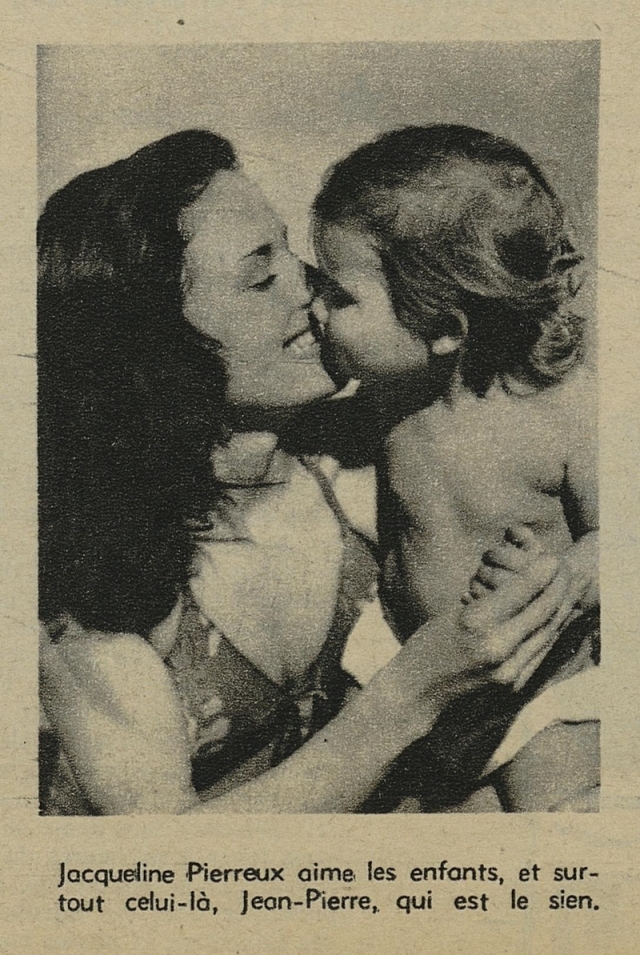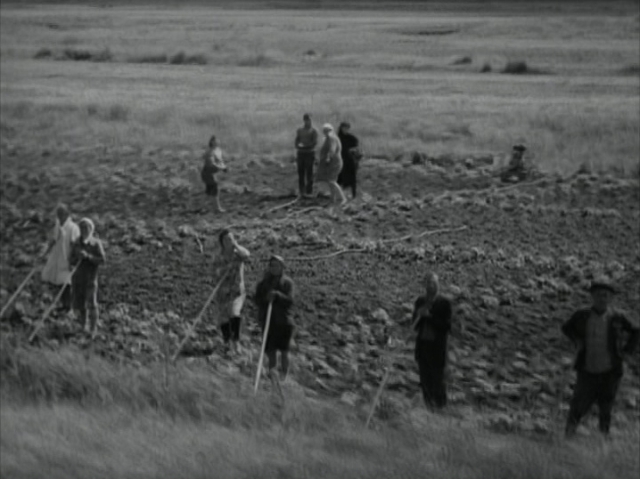
Brighton today is a large, jolly, friendly seaside town in Sussex, exactly one hour’s journey from London.
But in the years between the two wars, behind the Regency terraces and crowded beaches, there was another Brighton of dark alleyways and festering slums. From here, the poison of crime and violence and gang warfare began to spread, until the challenge was taken up by the Police.
This is a story of that other Brighton — now happily no more.
The 1948 (or 1947, according to some sources) film Brighton Rock, directed by John Boulting and based on Graham Greene’s 1938 novel of the same name, follows its opening credits with this written statement, which scrolls over a shot of a multitude of happy holidaymakers relishing the sun, sand and surf. No doubt its primary purpose is to reassure potential tourists who might be put off by the film’s unsavory depiction of the city, yet it also establishes the theme of duality that will run throughout the story.
Continue reading “The Dark Side of Brighton: Brighton Rock (1948)” →










